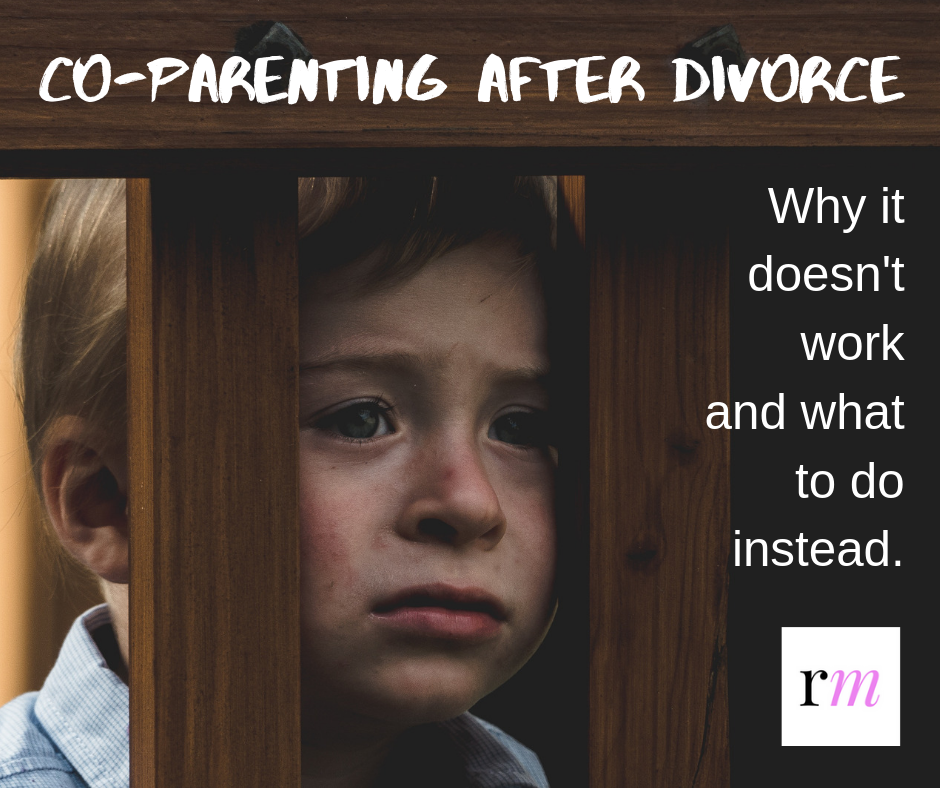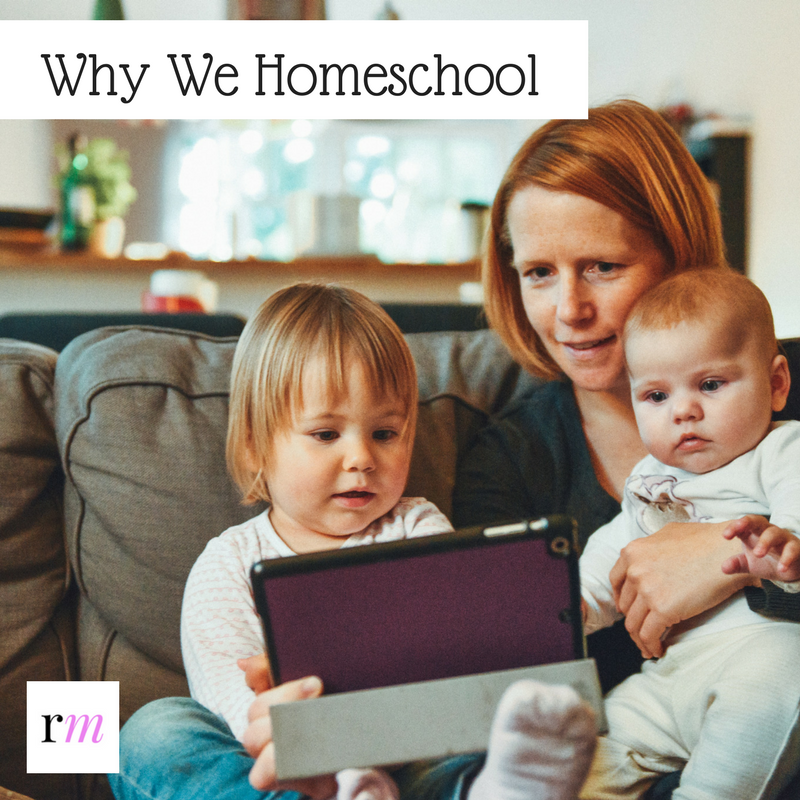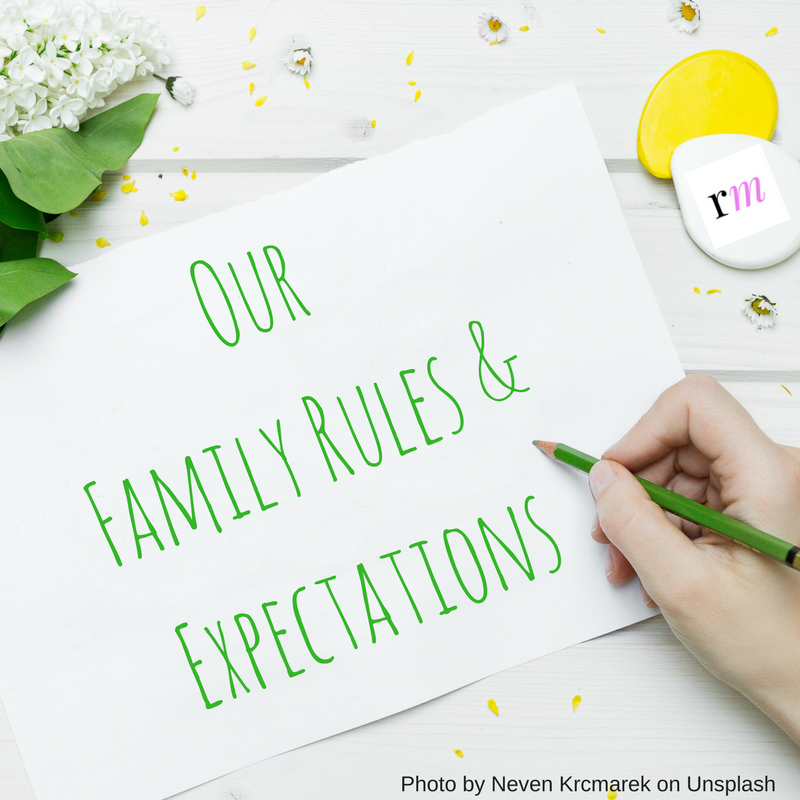I was recently asked if I had any advice to give regarding “co-parenting.” As in, divorced parents working together to “parent” their children. I’ve thought a lot about it, and I’ve decided that my advice is: don’t waste your time. It isn’t possible. It shouldn’t even be a word, let alone a topic of discussion. As a divorced parent of nearly 12 years, I can honestly say that all of my attempts to co-parent have failed, in a total and devastating way. Once you divorce someone, you pretty much remove whatever motivation they had to listen to you, make compromises with you, or care about your opinions. Trying to get them to impose YOUR rules in THEIR household is NEVER, EVER going to work. You and your children are just going to have to get used to two sets of rules and expectations at two different households, and you will have to let go of the idea that you can somehow control what happens at their other house. Will this cause confusion? Yes. Frustration? Undoubtedly. Will your kids want to move to the “fun” household just because there are fewer rules? You betcha. And the more you try to cling to your kids and your control over them, the more they’ll ignore your rules, idealize their other home, and want to leave.
This is why I tell anyone who will listen, DO NOT GET DIVORCED. If you need more reasons, read my other post here.
But, if you’re like me and it’s too late for that, keep reading. I’ve got some ideas that will help.
If I don’t co-parent, what do I do?
I’m not saying that you should give up on establishing rules and boundaries for YOUR household. Nor am I saying that you should never speak up when you see or hear of outrageous or dangerous things happening at the other parent’s house. But a much better use of your time and creative energy than co-parenting is to:
- Find ways to help your kids transition between households, and to
- Help them develop a well-formed conscience so they can regulate their own behavior, regardless of the different sets of rules at each home.
Easing the transition
It’s hard for me to imagine what it’s like for my kids to have two homes and two sets of parents. It really is like they have two separate lives, and I know almost nothing about the life they live at their dad’s house. When I get really frustrated about their behavior on a transition day, I try to put myself in their place and imagine what they’re going through. In the span of the hour it takes to get from one house to the other, their whole world becomes entirely different. At their dad’s house, they have different siblings, a different bedroom, a pet cat and dog, a different wardrobe, different toys, different rules about food and electronics, different friends, no school or homework or extracurricular activities to worry about, a stepmom, different grandparents and aunts and uncles, a different church…even a different personality. When my daughter is at my house, she scorns everything girly, but she’ll come back from her dad’s house with painted fingernails, braided hair, and feminine clothes that she can’t wait to show me.
So when my kids come home to my house after a weekend away, is it any wonder that they act differently or seem to forget all the rules we have here? I used to take it personally when they were aloof and wanted to spend time alone in their rooms, or when they called me by their stepmom’s name or disregarded our rules on electronics or snacks. But I’ve realized that they need time and space to adjust back to our version of normal. Give your kids a day or so to get back into the groove at your house without nagging or scolding them, and you’ll be amazed at how much more peaceful your house is. Refrain from grilling them about what happened, criticizing anything about their other home or parents, or correcting them when they break a rule that you know is different over at their other home. If you think you can do it sincerely, go so far as to acknowledge that you know it’s hard for them to go from one home to the other and apologize for putting them in this situation.
And when you feel yourself getting angry and tempted to yell, just remember that they didn’t want two different households, you and your ex did.
More important than rules
Kids need rules. However, what kids need even more than rules is to develop and listen to that still small voice called a conscience that alerts them when they’re about to do something wrong. I’m not going to claim to be an expert in how to do that, because my children – and I – are still a work in progress. The best, and for me, the easiest way to help kids develop a good conscience is to simply lead by example. Do the right thing, consistently, especially when it’s hard, and your kids will notice. If you’ve ever said a swear word in front of a toddler, you know how strong their tendency is to imitate us, and that goes for bad behavior as well as good. Tell the truth, and you show them the importance of telling the truth. Put the needs of others before your own, and you show them how to serve. Work hard, and you show them the value of hard work. Pray with them, and you show them the importance of developing a relationship with God.
Other ways to help your kids develop their conscience:
- Surround them with good adult role models. Spend time with grandparents, aunts, uncles, and friends who live the way you want your kids to live.
- Read the Gospels with them. For younger kids, a storybook or graphic novel-style bible with lots of pictures is a great resource. There is no better example for them than the life of Jesus. My kids have all enjoyed The Jesus Storybook Bible:https://www.goodreads.com/book/show/165068.The_Jesus_Storybook_Bible?ac=1&from_search=true
- Read good books to them or with them. Books like The Chronicles of Narnia for older kids, or classic fairy tales and fables for younger kids are an engaging way to show them how to behave honorably.
- You can read Aesop’s fables, the fairy tales of Hans Christian Andersen, and more online: http://aesopfables.com
- These are two great resources to help you find good reading material for your kids:
- A Landscape with Dragons, by Michael D. O’Brien: https://www.goodreads.com/book/show/1015234.A_Landscape_with_Dragons
- The Paideia Program, by Mortimer J. Adler: https://www.goodreads.com/book/show/169941.Paideia_Program?ac=1&from_search=true
- Pray with them and for them. Ask the Holy Spirit to guide them and give them the strength to resist temptation. As a Catholic, I believe that receiving the sacraments regularly (Eucharist, Reconciliation) also gives my kids the grace they need to resist temptation and grow stronger spiritually.
- I love The Power of a Praying Parent by Stormie Omartian. She’s written some great prayers for parents to use in a number of difficult situations and temptations that kids face:
https://www.goodreads.com/book/show/18054705-the-power-of-a-praying-parent?ac=1&from_search=true
- I love The Power of a Praying Parent by Stormie Omartian. She’s written some great prayers for parents to use in a number of difficult situations and temptations that kids face:
- Talk about situations that might come up and how they might handle those situations. What would they do if they had an opportunity to cheat on a really important test? What if they caught a friend doing something dishonest or illegal? Is it ever okay to lie?
- A great resource we’ve used for this is the What Would You Do? books from The Critical Thinking Co. The books present a series of moral dilemmas and help you ask questions to get your kids (or class) talking about what they would do in that situation. https://www.criticalthinking.com/what-would-you-do.html
One final thought
If you continue to struggle with the different rules and expectations, consider asking your kids what you can do to help the situation.
- How can I make the transition easier for you?
- What rules or expectations are the hardest for you to adjust to?
- Why do you think we continue to struggle with XXX?
- How could I change our rule about XXX to make it easier for you to follow/remember?
Don’t just assume that your kids will laugh this off and ask for all the rules to be eliminated. If you take them and their ideas seriously, they will usually do the same for you.
Are you a divorced parent? Share your feedback or co-parenting story with us in the comments.



